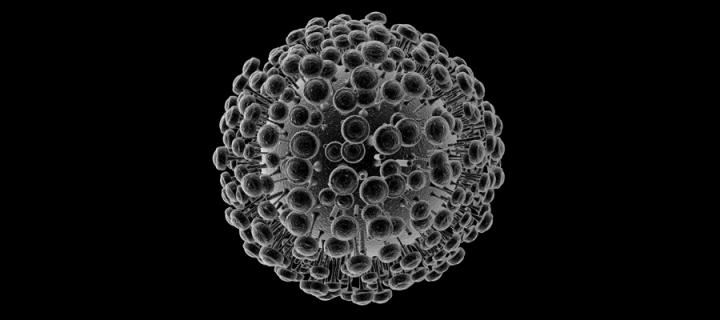GenISIS
All intensive care units in Scotland are participating in a research study to try to find the reasons why some people are very susceptible to swine flu (influenza).

What is the study about?
Flu affects millions of people around the world every year. Most cases are mild, but some people with flu become very unwell. We do not understand why this happens. We want to investigate how our body fights the flu infection. Our genes(or DNA) determine how vulnerable we are to infections. For instance, swine flu causes some people to become desperately sick, whilst others get no symptoms at all. If we could find the genes that cause some people to be more vulnerable to swine flu, we may be able to develop better treatments for patients in the future. This study will compare the DNA of people who get very sick with swine flu to the DNA from other people among the healthy general public. This will help us to find vulnerability genes that make certain people more likely to get a severe infection.
Why is this worthwhile?
The results of this study will be important to scientists across the world, but they will be most relevant to the people of Scotland. The genes that make some people susceptible to becoming seriously ill with flu might lead us to specific 'targets' for treatments that could be developed to treat flu. It is even possible that these targets could be used to treat people suffering from other severe infections.
Who is being asked to participate?
People who have severe swine flu. Often, people who are severely unwell are not able to give consent to participate in the study themselves. In this case, one of the investigators from this hospital may ask a relative or friend to consent on the patient's behalf. Participating in this study does not affect the patient's care in any way.
What is required from participants?
A single blood sample will be taken (9mls; roughly 2 teaspoons). This can be taken at the same time as other routine blood samples.
What happens to the samples?
We will use the blood sample to extract and analyse the patient's DNA, which we will compare to the DNA of other people in Scotland. In order to ensure that we find the best people to compare the patients DNA with, we keep limited information about him/her on a secure file, including, for example, general information about his/her current and past illnesses. With permission from the patient or a relative or friend, we also store the sample and use it for future ethically approved research.
Are there any benefits or disadvantages to taking part in this study?
No, there are none. While this study will not benefit the patient directly, it may help us to understand more about flu and hopefully help us to find new treatments in the future.
Can a patient withdraw from the study at any point?
Yes. Either the patient, or their relative/friend can request this at any time. The blood sample would be destroyed. They may also ask for any existing information to be withdrawn.

